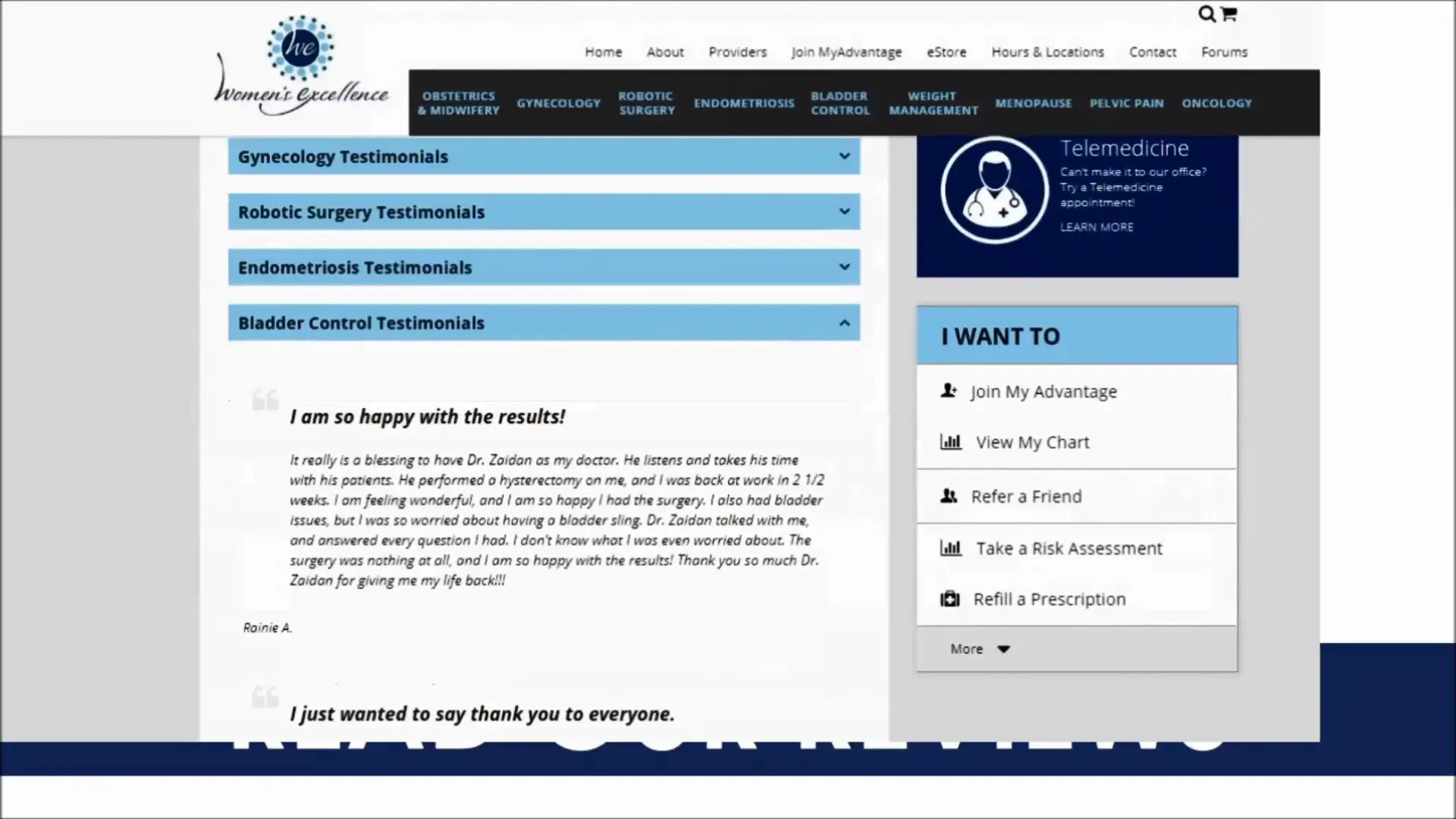Always call your doctor for the following labor pain symptoms:
- If you think your water broke
- If you feel a contraction that does not go away-it is constant
- Your contractions are five minutes apart, last at least 60 seconds, and they have been steady and uncomfortable for at least an hour.
Other reasons to call your doctor:
- If you are not feeling your baby move or familiar activity of the baby has changed
- If you notice vaginal bleeding at any time
- If you have a fever
- If you feel pelvic pressure, backache, or are having diarrhea
Have the following information ready when you call your midwife:
- How far apart your contractions are, how long they last, and the intensity of them
- Your midwife will also ask what things you are doing to help decrease your contraction discomfort
- Do you think your water has broken?
- When you began to notice the fluid coming out, what color it was, and if it had an odor
If you are managing your contraction discomfort well at home, it is best to stay home as long as possible, but go to the hospital when:
- You are no longer able to breathe through your contractions
- Your water breaks. It may be felt as a large gush or a small trickle, and the fluid will continue to involuntarily leak out.
- If you have any bloody show, or if you notice any bleeding from the vagina
You will be given details as to when you should leave for the hospital. If this is your second baby (or more), typically these babies often arrive more quickly than the first, so you may need to contact your midwife and go to the hospital sooner.
Plan on leaving sooner if:
- You live a distance from the hospital
- If you are group beta strep (GBS) positive
- If your water has broken
- If this is your second (or more) pregnancy and baby. You may need to leave sooner as labor to birth happens faster than with the first
- If you have any other special concerns
If it’s your first pregnancy, you may feel unsure about when you should go into hospital or call your midwife. Know that your midwife wants you to call with any questions or concerns, anytime.
When does labor begin?
- Labor begins when the cervix begins to dilate/open, and thin out (shorten or efface)
- The uterus is a muscle, and during labor this muscle will tighten.This muscle tightening (contracting) makes your belly muscle hard. This will begin to happen at regular intervals when you are in labor. When you are not contracting, your abdomen/uterus will relax and feel soft.
How will you know if you’re in labor?
It is unknown what causes labor to begin. It is known that several hormonal and physical changes may indicate labor is going to start.
The weeks, sometimes days, or hours before going into labor may include:
- Bloody show or losing the mucus plug. The mucous plug is a thick gelatinous plug of mucus that is formed within the cervical opening during pregnancy to protect the inside of the uterus from infection. This begins to break down as the cervix dilates, effaces and softens often in the early stage of labor. As parts of the mucus plug come out, it may appear chunky or stringy (some women describe it looking like snot), it may be clear, pink or blood streaked. Some women notice their mucus plug coming out, and others do not. Both are very normal
- You look like your belly is much lower. You may find it easier to breathe, sleep and eat with baby now deeper in the pelvis. Most mothers notice how much more comfortable they are when this happens, while others around them may notice how different her pregnancy shape is.
- Burst of energy. Throughout your pregnancy, you may have felt ready to take a nap at any time. With labor and birth getting closer, many women notice a definite change in feeling the urge to clean, make lists, organize, and handle similar tasks. Try not to over do it. You may want to pace yourself in case you go into labor soon.
- Effacement and dilation of the cervix. Effacement is the thinning of the cervix in preparation to dilate. Dilation is from 0 (closed) to 10 cm (complete). Ten centimeters dilated is when you’re ready to begin pushing your baby out.
- Braxton Hicks contractions are practice contractions. Your body is practicing for the big day.
Braxton Hicks contractions vs. true labor contractions are the following:
- True labor contractions will become consistent and closer together, get stronger, and last longer. When they become approximately five minutes apart for a least one hour, call your midwife.
- No matter what position changes are tried, the intensity, frequency, and length of contractions are not affected.
Real contractions:
- Labor is characterized by contractions that come at regular intervals and increase in frequency (how often contractions occur), duration (how long contractions last), and intensity (how strong the contractions are) over time.
- As time and your labor progresses, the contractions come at closer intervals.
- Labor contractions in early labor cause discomfort or a dull ache in your back and lower abdomen, along with pressure in the pelvis.
- Some women describe early labor contractions as similar to strong menstrual type cramps. You may notice a very small amount of spotting from your vagina.
- Labor contractions are not stopped by changing your position or relaxing. Although the contractions might be uncomfortable, you will be able to relax between contractions.
Learning about labor pain symptoms can help you determine if you are truly in labor. Contact us or use our chat at Women’s Excellence to start your prenatal care and find out more about true labor symptoms.







